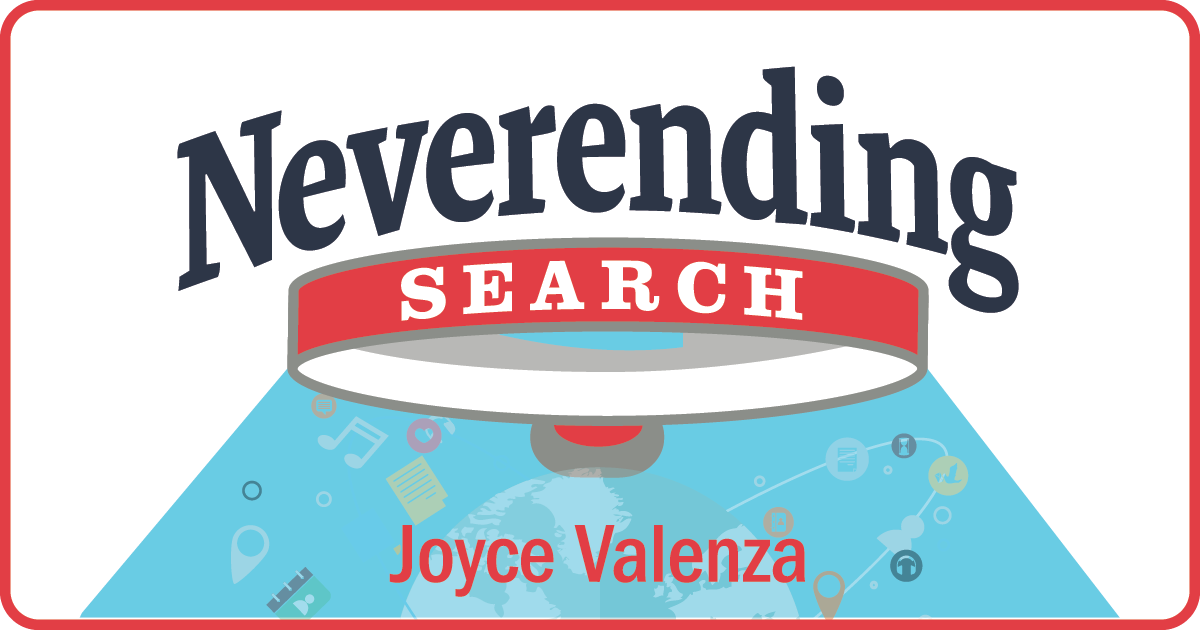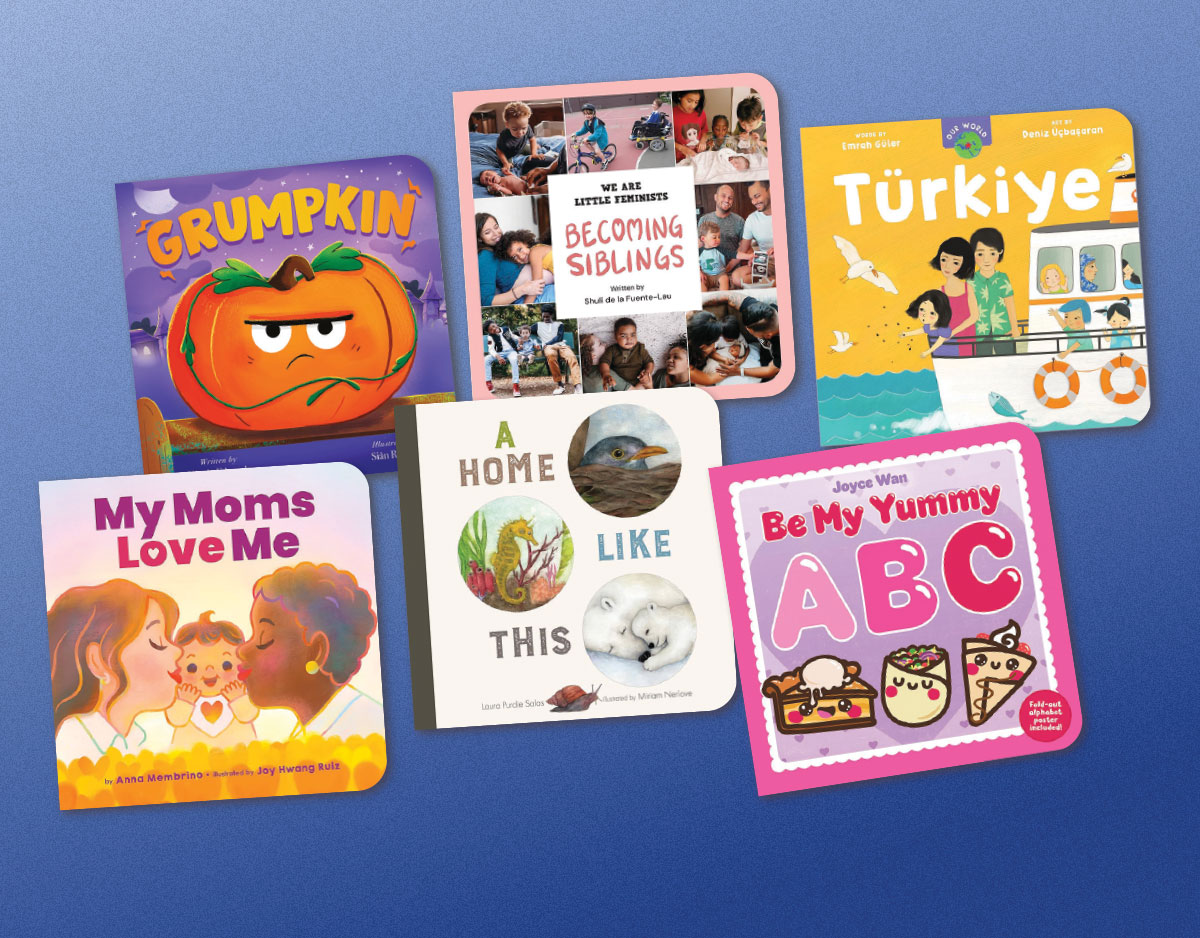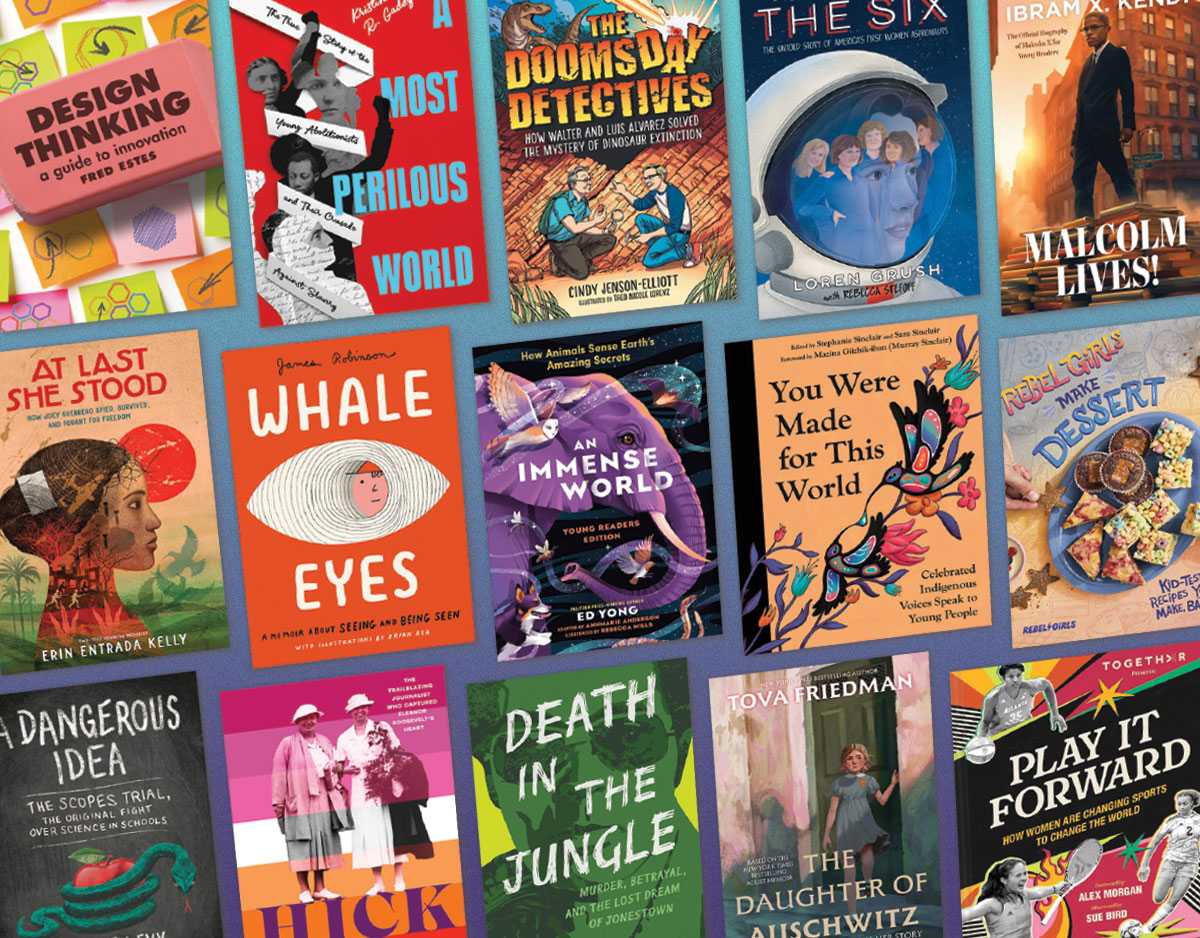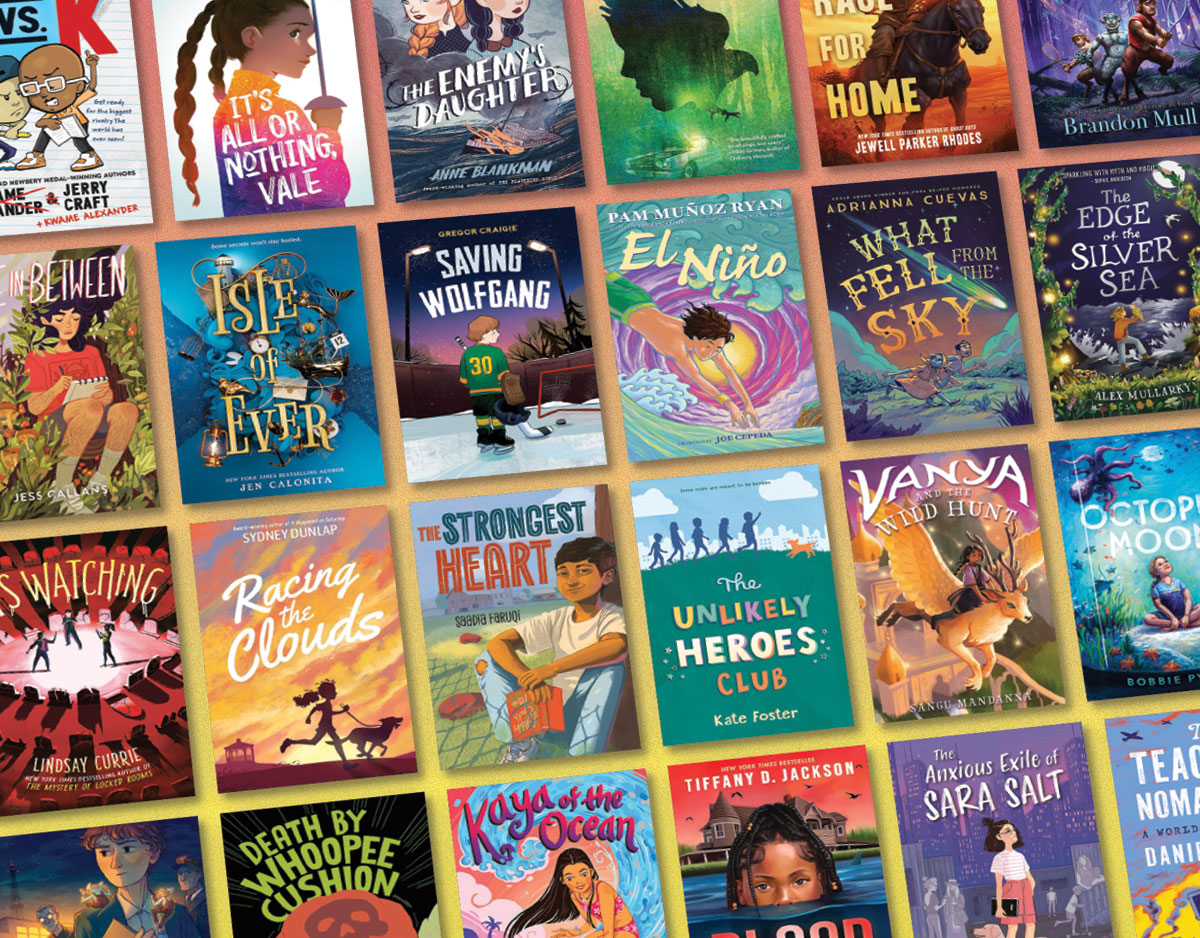SCROLL DOWN TO READ THE POST
A true gift from SHEG: DIY digital literacy assessments and tools for historical thinking
 You may remember Stanford History Education Group (SHEG) for its groundbreaking and utterly depressing report, Evaluating Information: The Cornerstone of Online Civic Reasoning.
You may remember Stanford History Education Group (SHEG) for its groundbreaking and utterly depressing report, Evaluating Information: The Cornerstone of Online Civic Reasoning.
In the November 2016 Executive Summary, the researchers shared:
When thousands of students respond to dozens of tasks there are endless variations. That was certainly the case in our experience. However, at each level—middle school, high school, and college—these variations paled in comparison to a stunning and dismaying consistency. Overall, young people’s ability to reason about the information on the Internet can be summed up in one word: bleak.
Did you ever wonder how your own students might perform on those dozens of tasks? You can now find out.
SHEG currently offers three impressive curricula that may be put to immediate use in secondary classrooms and libraries. All three are outstanding (and free), but perhaps the most immediately useful to readers of this blog is Civic Online Reasoning or COR.
ADVERTISEMENT
ADVERTISEMENT
Using everyday digital content, the COR paper and online assessments directly connect to the questions posed in SHEG’s study and engage learners in credibility decision-making around three COR Competencies:
-
Who’s behind the information?
-
What’s the evidence?
-
What do other sources say?
The free assessments include Google Docs assessments to copy and digital rubrics to download. These tasks are perfect for learning across the curriculum and especially for librarian-led learning.
These assessments might be used to engage learners in discussion before an inquiry. And they could be critical for baseline analysis of student skills and formative assessment.
Might we also study whether learners with solid K12 library inquiry experience perform better than the student in the general SHEG sample?
The twenty assessments include:
- Evaluating Wikipedia: Students evaluate the trustworthiness of an article on Wikipedia, assessing whether they can reason about the specific features that make a Wikipedia article more or less reliable.
- Claims on YouTube: Students watch a short video and explain why they might not trust a video that makes a contentious claim.

- Claims on Twitter: Students read a tweet and explain why it might or might not be a useful source of information.
- Webpage Comparison: Students examine two websites and select the one that they would use to begin research on gun control, assessing their ability to identify the strengths and limitations of websites for learning about political topics
- YouTube Evaluation: Students evaluate a YouTube video and identify reasons why it may be unreliable.
- Claims on Social Media: Students consider the sources of a tweet and the information contained in it in order to describe what makes it both a useful and not useful source of information.
- Social Media Video: Students watch an online video and identify its strengths and weaknesses.
- Website Reliability: Students determine whether a partisan site is trustworthy.
- Researching a Claim: Students search online to verify a claim about a controversial topic.
- Comparing Articles: Students determine whether a news story or a sponsored post is more reliable.
- Evaluating Evidence: Students decide whether to trust a photograph posted on a photo-sharing website.
- Facebook Argument: Students consider the relative strength of evidence that two users present in a Facebook exchange.
- News on Facebook: Students identify the blue checkmark that distinguishes a verified Facebook account from a fake one.
- Argument Analysis: Students compare and evaluate two posts from a newspaper’s comment section.
- Homepage Analysis: Students identify advertisements on a news website.
- News Search: Students distinguish between a news article and an opinion column.
- Comments Section: Students examine a post from a newspaper comment section and explain whether they would use it in a research report.
- News on Twitter: Students consider tweets and determine which is the most trustworthy.
- Article Assessment: In this exploration of “cloaked” websites, students confronted with an article from one such site can determine its sponsorship. For more information
- Article Analysis: Students read a sponsored post and explain why it might not be reliable.
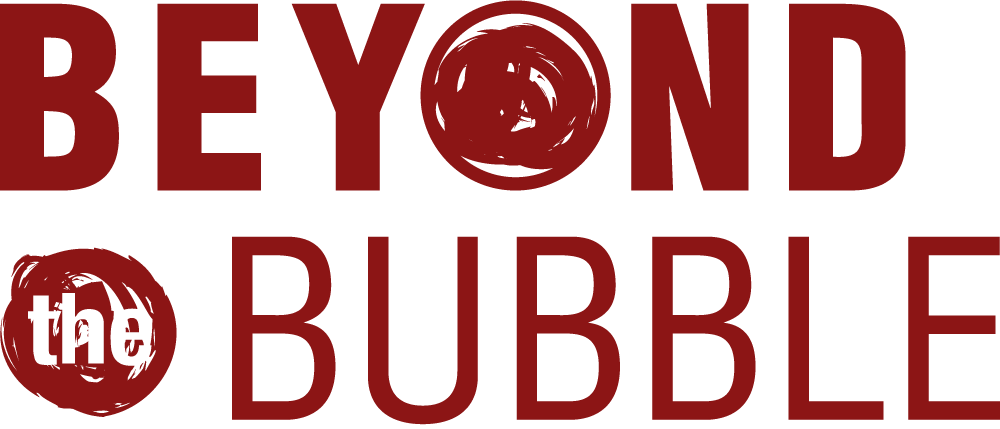
1. Beyond the Bubble History Assessments. Using resources from the Library of Congress, these 80 units cover both U.S. and world history and move students beyond the simple fact recognition presented by many bubble tests to engagement in historical thinking.
Exploiting the fabulous primary sources from the collections of the Library of Congress, OUTs are inquiry units designed to open up the textbook–to encourage learners not to see a single text as absolute truth. These assessments provoke, contest, expand, complicate or vivify the text inspiring skills of historical inquiry like:
-
sourcing
-
contextualization
-
corroboration
-
background knowledge
-
use of evidence
-
periodization
The Reading Like a Historian curriculum also engages students in historical inquiry around both U.S. and world history events. Like the DBQs, lessons revolve around a central historical question and sets of prima ry documents to engage learners with varied reading skills.
ry documents to engage learners with varied reading skills.
Again, this curriculum moves beyond memorization of historical facts, to engage learners in examining and practicing to make historical claims backed by documentary evidence. A series of Read Like a Historian videos prepares educators to effectively launch this type of learning in their classrooms.
Among the Reading Like a Historian lessons are:
Filed under: #AASL17, #AASLstandards, #AASLunConf, #BWAD, #cld14, #colorourcollections, #globaltl, #GoOpen, #littlethings, #notataasl, #notatiste, #sljhackathon, #tlchat, #tlday15, #tlelem, #tlhack, #tlmatch, #weneeddiversebooks, #whylib, 1:1, 3D, 90-second newbery, aasl, access, activism, Adobe, Adobe Slate, advertising, advocacy, african american history, agility, ala, Amazon Inspire, American Sign Language, anatomy, anchor standards, Andrew Slack, androids, Angela Maiers, animation, annotation, annual report, app smashing, appoLearning, apps, archeaology, archive, art, ASCD, ASL, assessment, audio, audiobooks, audobon, augmented reality, author visits, authors, awards, back-to-school, backchannel, badges, Banned Books, Banned Websites Awareness Day, best lists, big data, birds, black history, blackout poetry, blended learning, blogging, Blooms, body image, book art, book club, book suggestion engines, booklists, books, booktalks, brainstorming, British Pathe, broadcasts, bulletin boards, BYOD, calendars, call to action, canva, cardboard, Carolyn Foote, cartoon, cartooning, catalog, CCSS, cell phones, censorship, census, chat, checklists, chemistry, children's books, Chrome, Chrome extensions, citation, civic engagement, civil rights, close reading, CMS, coaching, coding, collaboration, collection, college tours, college transition, coloring, commencement, commercials, Common Core, common craft, common sense media, CommonLit, CommonSenseMedia, communication, communication products, computer science, conferences, confession, Connected Educator Month, Connected Educators, connected learning, connected librarian day, contests, copyright, CORA, creative commons, creativity, credibility, critical thinking, crowdsourcing, CSLA, curation, curly hair, current awareness, current events, curriculum, Danielson, dashboards, data, data visualization, databases, Dave Lankes, Declaration for the Right to Libraries, decorating, department of education, design, design thinking, Destiny, dictionaries, digital books, digital citizenship, digital libraries, digital literacy, digital publishing, Digital Shift, digital storytelling, digitization, dinosaurs, Discovery, display, distance learning, diversity, documentaries, documentation, DOE, Dot Day, DPLA, drawing, e-reputation, easybib, ebooks, economics, edcamp, edshelf, edublog awards, education, election, empathy, engineering, environmentalism, equipment, equity, ereading, ERIC, ESL, ESSA, ethics, evaluation, EveryLibrary, evidence, evidence based practice, exit ticket, eyes wide open, facility, fair use, fake news, field books, field trips, film making, films, filters, flickr, flipboard, Flipgrid, flipped classroom, Follett, Follett Challenge, font, forms, fun, funding, furniture, future, Future Ready, Future Ready Librarians, game, gamification, gaming, gender, geography, Getty, girls, global, global education, globaled14, Google, Google Apps, Google Chrome, Google Classroom, Google Docs, Google Drive, Google Expeditions, Google forms, Google Hangouts, Google Slides, Google+ communities, government publications, GPO, graduation, grants, hacking, hands-on, Harry Potter Alliance, hashtags, heritage, history, holidays, holidays passover, holocaust, Horizon Report, IASL, ibook author, iBooks, iCentre, image, image generators, images, inaugural addresses, independent learning, infographics, INFOhio, informal learning, information ethics, information fluency, information literacy, information seeking, infotention, innovation, inquiry, inspiration, instagram, instagrok, instruction, intellectual freedom, intellectual property, interactive posters, interactive presentations, interactive video, interactive whiteboard, interactivities, international, internet archive, interviews, iOS, ipads, iPhone, ISTE, James Patterson, Jane Hart, Jennifer LaGarde, journalism, journals, JournalTOCs, JSTOR, knowledge commons, language learning, leadership, learning, learning commons, learning management systems, learning playlists, LEGO, lesson plans, letters, liberio, LibGuides, librarians, libraries, Library 2.014, library bill of rights, library culture, library design, Library of Congress, library school, library websites, LinkedIn, listening, lists, literacy, literature, LMS, logos, magazines, makerspaces, making, managing, Map of Life, maps, MARC, marketing, mashup, math, media, media literacy, media search, Meerkat, memes, messaging, metaliteracy, Michelle Luhtala, micro-credentials, microsoft, middle school, mission, MLA, mobile, MOOCs, motivation, movies, museums, music, Nashville, National Geographic, NETTS, network, networking, New York Times, New Zealand, news, news literacy, newsreels, nonfiction, Noodletools, note-taking, NPR, NYPL, OER, online learning, OPAC, Open access, open courses, open ebooks, open source, OpenEd, oral history, oral tradition, orientation, outlining, parents, participation, Paul Fleischman, pedagogy, Peter Reynolds, Pew, photographs, physical space, picture books, pinterest, plagiarism, planning, playlists, PLEs, pln, podcasts, poetry, poetry slam, political cartoons, politics, polls, portals, portfolios, posters, powerpoint, presentation, preservation, preservice librarians, presidents, primary sources, privacy, problem solving, production, professional development, professional learning, prom, PSLA, public domain, public libraries, public speaking, publishing, qr codes, radio, readers' advisory, reading, reading challenges, reading lists, realtime search, rebelmouse, recycling, reference, reflection, remix, research, research skills, retirement, reviews, rock and roll, rubrics, scholarship, school culture, school librarian of the year award, school librarians, school libraries, School Library Month, science, science fair, scoop.it, screencasting, search strategies, search tools, searching, security, Shakespeare, Shannon Miller, sharing, shelving, sketchnoting, skype, sliderocket, slideshare, SLJ Summit, sljsummit, slype, smackdown, smart phones, Smithsonian, smore, social action, social capital, social librarians, social media, social networking, social reading, socl, song parodies, SOPA, space, speaking, special needs, speeches, standards, statistics, STEAM, STEM, stickynotes, stop motion, storyboarding, StoryCorps, storytelling, street lit, student voice, student work, students, study hall, summer reading, super bowl, survey, swvbc, SYNC, tables of content, tags, Tales2Go, teacher librarians, teachers, teaching, teachingbooks.net, technology, TED, teens, teleprompter, television, testing, text to speech, textbooks, thesaurus, thinglink, Tiffany Whitehead, tight times, timelining, TL News Night, tlcafe, tlchatlive, tools, Top Ten, Topsy, translation, transmedia storytelling, travel, trends, truthiness, tumblr, tutorials, twitter, twitter chats, Uncategorized, unconference, unitasking, united nations, University of Michigan, user generated content, video, Virtual Learning Commons, virtual reality, virtual worlds, vision, Visual Editions, visual literacy, visualization, volunteers, washington, webcasting, webinar, webinars, websites, weeding, white house, whiteboard, wikipedia, wikis, wikivoyage, WolframAlpha, women, word clouds, workflow, WRAD, writing, YA, YALSA, YASLA Teen Bookfinder, young adult literature, youth, youth culture, youtube
About Joyce Valenza
Joyce is an Assistant Professor of Teaching at Rutgers University School of Information and Communication, a technology writer, speaker, blogger and learner. Follow her on Twitter: @joycevalenza
ADVERTISEMENT
SLJ Blog Network
Name That LEGO Book Cover! (#65)
Review of the Day: This is Orange by Rachel Poliquin, ill. Julie Morstad
Betty & Veronica: Summer Fun in the Sun | Preview
Heavy Medal Suggestions: 73 Titles and Counting
Like This, Try That: K-Pop Demon Hunters
The Classroom Bookshelf is Moving
ADVERTISEMENT
ADVERTISEMENT

